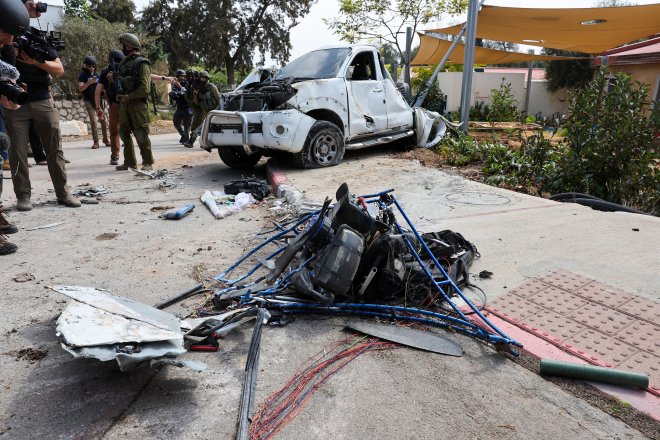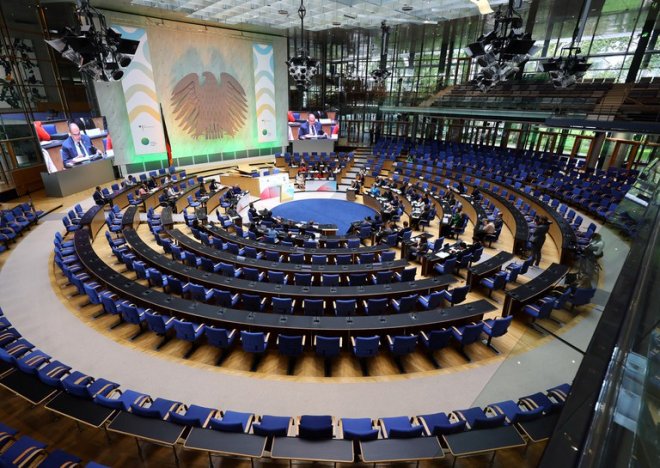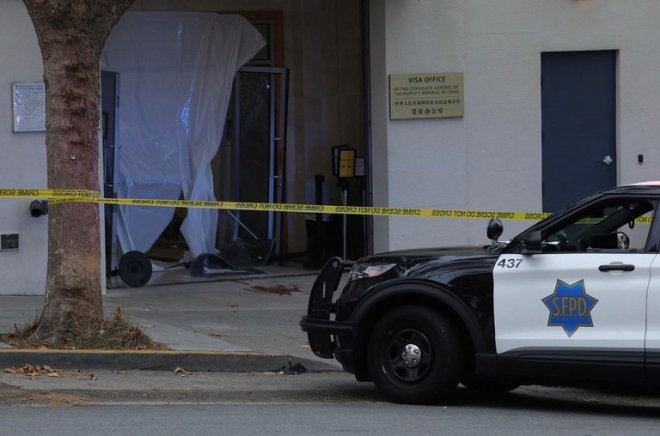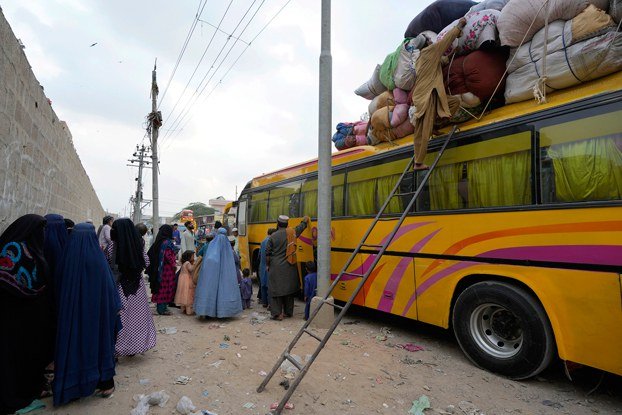S Korean voting system ‘vulnerable’ to N Korean hacking: spy agency
The voting and ballot counting systems at the state-run election watchdog remain susceptible to potential cyberattacks by North Korea, South Korea’s spy agency warned on Tuesday.North Korea could breach the National Election Commission’s (NEC’s) network “at any time” due to its weak security system, although no such infiltration has been identified, according to South Korea’s National Intelligence Service (NIS).
The announcement came after the NIS and the country’s internet safety watchdog, the Korea Internet and Security Agency, jointly conducted a cybersecurity audit of the NEC in response to criticism that it did not adequately secure its system against hacking attempts.
The probe found that the commission’s election-management network, which oversees voter registration, ballot counting, and early voting systems, had several cybersecurity weaknesses.
These vulnerabilities could have allowed potential hackers to breach the system and tamper with registered voter data and election results, said the NIS.
The agency added that the NEC has failed to take adequate precautions against North Korean cyber attacks on the emails and other information of its officials despite its warning.
The NIS said in May that it had warned the NEC multiple times its network was exposed to North Korean hackers and should undergo a cyber security check from the agency. At that time, the election watchdog allegedly refused the request, saying such inspection from a government agency could hurt its “political neutrality.”
In response to the spy agency’s latest findings, the NEC said that even if it is technically possible to hack into the election system, that does not necessarily lead to a rigged election, as it is nearly impossible to manipulate the outcome of an election without the help of commission insiders.
“The inspection results prove that it is possible to hack into the NEC’s internal network by using common hacking techniques widely used by international hacking organizations, including the North Korean ones,” said Yoo Sang-beom, a spokesperson of South Korea’s ruling People Power Party. “A thorough investigation into the gross failures of the commission’s security management system should be conducted, and appropriate measures should be put in place that the public can trust.”
In July, the spy agency reported that 1.37 million cyberattacks against South Korea, on average, were detected daily in the first half of the year. That’s roughly 15% more than the daily average of 1.18 million last year.
Some 70% of those attacks were believed to be carried out by North Korea. China followed with 4% and Russia 2%.
Edited by Mike Firn and Elaine Chan.
[圖擷取自網路,如有疑問請私訊]
|
本篇 |
不想錯過? 請追蹤FB專頁! |
| 喜歡這篇嗎?快分享吧! |
相關文章
AsianNewsCast






















